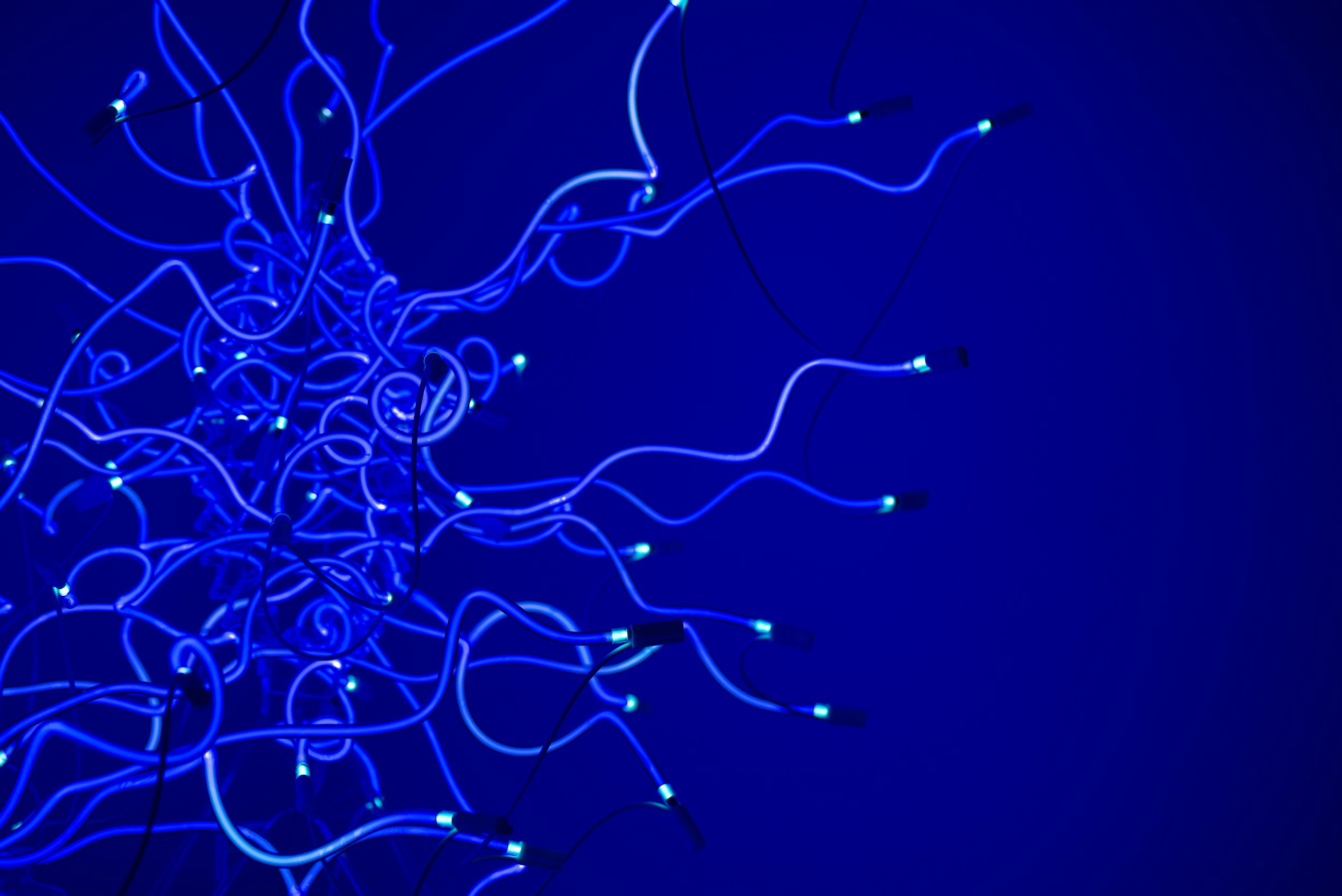Reflective Blogs
by Dr Lily Amorous (NDEr Perspective)

Making NDE Support Groups Neurodivergent-Affirming: A Reflective Call to Conscious Inclusion
Support groups for individuals who have experienced near-death experiences (NDEs) hold immense potential for healing, integration, and connection. For those of us who have returned from such a profound threshold, finding spaces that honour our experiences with sensitivity and care is vital. Yet, these spaces must also reckon with the reality of our intersectional identities. As a neurodivergent NDEr, I recently witnessed how quickly harm can arise when neurodiversity is neither understood nor respected—and it left me shaken.

The Heartbreak of Humanity
When I returned from my near-death experience (NDE), the world felt both achingly familiar and completely foreign. My physical surroundings were the same. People were still there. Words like “love,” “friendship,” and “support” were still spoken. And yet, something had shifted so fundamentally that I found myself hovering in a kind of liminal space—present, but not fully belonging.
One of the first and most striking changes I noticed was my sense of positioning in relation to others. I felt both deeply connected and profoundly outside of things. It was as though I was walking beside humanity, but not quite within it. I could feel people’s energy more clearly than ever—feel their sadness, fear, longings, and unspoken truths—but at the same time, I no longer felt I was speaking the same emotional language. I had returned knowing what real love feels like. Not love as it’s often portrayed—transactional, conditional, or romanticised—but true, unconditional, expansive love. Love that sees without needing to fix. Love that holds without possessing. Love that is.
And what I discovered upon returning was that this love, though often referenced, was rarely lived.

The Ethics of Intuitive Abilities: Consent, Boundaries, and the Weight of Psychic Perception
In a world increasingly fascinated by spirituality, intuitive gifts, and psychic phenomena, it can be easy to romanticise or commodify these abilities. People flock to mediums, ask their friends if they “sense anything,” and jokingly demand “party tricks” from those they believe can peer behind the veil. But what is often left out of the conversation is the ethical landscape of intuitive sensitivity—the impact of unsolicited psychic disclosures, the burden on those who carry heightened perception, and the importance of consent.
This conversation becomes even more urgent in the context of near-death experiencers (NDErs), many of whom return with profoundly expanded awareness, including clairvoyance, clairsentience, precognition, and mediumistic perception. For many, these are not abilities they sought, trained for, or welcomed—they are the result of something sacred and sometimes traumatic.
This opinion piece explores the ethics of psychic and intuitive abilities, particularly as they emerge or intensify following NDEs. It considers the importance of consent, boundaries, emotional responsibility, and the deep personal cost that intuitive people often carry.

The Unseen Weight: How a Person’s Energy Impacts a Near-Death Experiencer
After my near-death experience, I came back changed.
Not just spiritually awakened, but radically sensitised. I could feel things—deeply, acutely, undeniably. I could walk into a room and know what wasn’t being said. I could sense intention before words were spoken. I could feel the energy others carried, and when that energy was heavy, unresolved, or hostile, it would enter me like smoke, clinging to my skin, my nervous system, and even my dreams.
Some people brought calm with them. Others, unknowingly, brought chaos.
And then there was him—my friend’s partner.

The Power of Embracing the Weird: Making Space for the Unusual, the Beautiful, and the True
Weird.
A word so often used to isolate, to shame, to draw lines between what is "acceptable" and what is not. A label that tells someone: you’re too much, too different, too far outside the lines.
But what if weird isn’t a defect?
What if weird is simply originality uncensored?
What if weird is the birthplace of truth, creativity, magic, and transformation?
For near-death experiencers (NDErs), spiritual seekers, creatives, neurodivergent individuals, and those walking paths less travelled, the idea of being “weird” is often familiar—and not always welcomed. It can feel like exile. Like grief. Like being the only one seeing colour in a black-and-white world.
But in truth, weird is a gift. It’s the marker of one’s soul refusing to be edited. And the power of embracing the weird lies in reclaiming that soul fully, unapologetically, and out loud.
This opinion piece explores why embracing the weird is not only powerful—it’s essential. For healing. For authenticity. For creating a world that makes space for everyone, especially those who have returned from death bearing truths too vast for conventional language.

“Do You Believe in Healing?” A Conversation Between Two Worlds
The phenomenon of spontaneous healing following near-death experiences presents a compelling intersection of science and spirituality. Documented cases and ongoing research suggest that these experiences can lead to profound and sometimes inexplicable improvements in health. While the mechanisms remain to be fully understood, the consistent reports of healing across diverse populations underscore the need for further scientific exploration into the transformative potential of NDEs.
For the NDEr, including myself, healing is not a belief system. It’s a lived truth. If you’ve experienced it, you don’t need others to validate it for it to be real. And yet, it’s also okay to long for that validation. To want your doctor to see and to celebrate it with you. To hope your story will be honoured.
You can hold both truths.
And in the meantime, keep living as the healed being you are. Keep breathing into your miracle. Keep honouring the body that remembers love.
One day, perhaps, science will catch up.
Until then, the soul knows.
